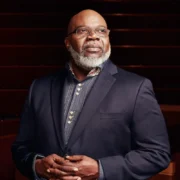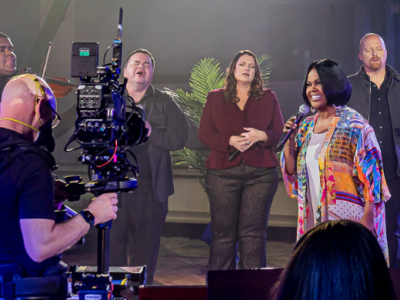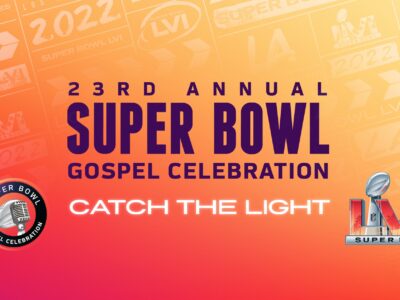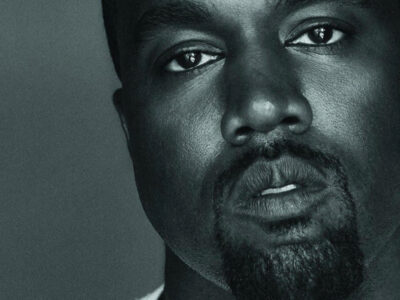On January 6, 2019, the rapper Kanye West did what no superstar rapper before him has—he launched his own Sunday Service with a dynamic eighty-person gospel choir. West was the draw, but the gospel choir was the intended centerpiece. It is the highlight of his subsequent Jesus Is King and Jesus Is Born albums. While West’s highly acclaimed 2004 single “Jesus Walks” utilized a choir and rapped the protective power of Jesus, the Sunday Service made the choir the star, highlighting its unique ability to incite churchgoers and atheists alike to stand up and clap their hands. This has always been the gospel choir’s superpower—to rouse audiences and unite them for a common cause.
Although West’s Sunday Service has been surrounded by controversy for a variety of reasons, the main debate—namely, who is worthy to sing “the good news,” as well as how and where it should be sung—is not new. It is almost as old as gospel music itself, and West’s choir is symbolic, not just of the decades-old debate, but of the evolution of gospel music and its show-stopping choirs.

Featuring a rousing gospel choir—The Samples—mostly invite-only attendees, and uniform-style outfits in lieu of traditional choir robes (approved, of course, by the rapper himself), the Sunday Service deviates from a traditional church service and refuses to be labeled as such. Instead, the church-like service typically exudes the love of God through harmonious song in lieu of the preached word. Building on the foundation laid by gospel’s forefathers and foremothers, the service literally takes the good news out into the world, as its location rotates weekly and is set to go international in 2020.
Read more The Gospel According to Kayne















Comments